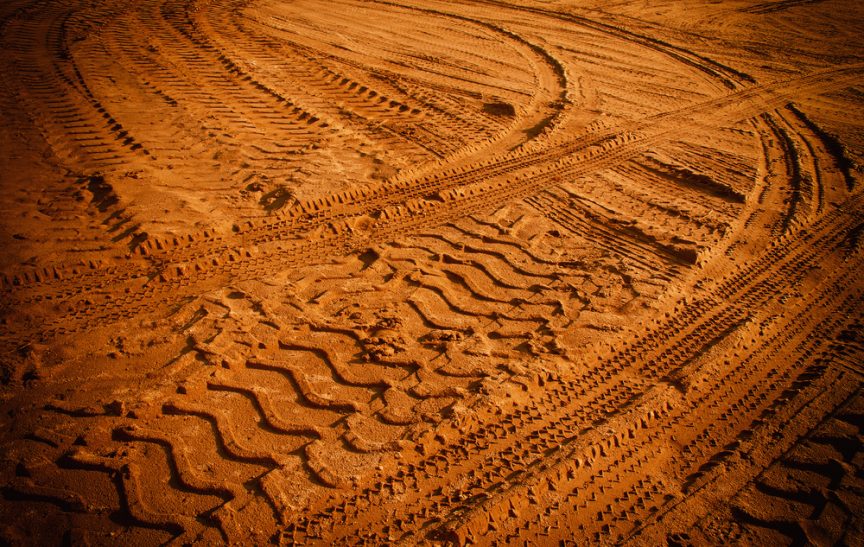Effective soil stabilization is critical for many organizations, but it doesn’t need to come at the cost of environmental degradation.
While businesses, municipalities, and other organizations have often turned to paved asphalt roads for their infrastructure needs, unpaved gravel roads offer a number of compelling advantages. From lower installation costs to easier long-term maintenance, unpaved roads can make it easier for leaders to stick to their organizational budgets while ensuring effective outcomes for everyone involved.
When building unpaved roads, decision-makers and their teams have a lot of options at their disposal and important choices to make — particularly when it comes to selecting the right products for critical processes like soil stabilization. In the past, organizations have opted for traditional methods such as lime and fly ash in order to strengthen unpaved roads and cut costs doing it.
Unfortunately, it’s become clear that these methods often have negative effects on the environment, especially in the long run. What’s more, they’re not as effective at maintaining asphalt-like durability in unpaved roads as newer, less ecologically intensive soil stabilization solutions. As organizations prepare to invest in soil stabilization for their unpaved infrastructure, it’s incumbent upon them to consider the hidden costs of lime and fly ash — and why advanced alternatives offer a better solution.
Understanding the Environmental Impact of Lime and Fly Ash
Lime and fly ash have a long history of use in various industries. In road building, soil stabilization, and other construction situations, quick lime can be used to rapidly dry soil, help with soil compaction, and support the long-term strength of unpaved roads. Similarly, coal fly ash has been mixed with soil to aid with stabilization, in addition to its use in agriculture.
While lime and fly ash have been go-to options in the past, there’s a growing consensus that they may be unnecessarily harmful to local ecosystems, especially when more effective and safer alternatives are available. For example, lime has the unfortunate potential to leech deeper into the soil, negatively impacting plant life that depends on specific pH balances and harming animals that come into contact with it. Likewise, fly ash — a waste byproduct of coal combustion — has already caused environmental issues in recent years.
How Midwest’s Soil Stabilizations Outperform Traditional Alternatives
For organizations committed to getting the most out of their unpaved roads, investing in advanced soil stabilization methods is a must. Although lime and fly ash have previously been popular options, stringent environmental regulations and questions of cost-effectiveness should compel decision-makers to think about advanced solutions that are more durable and less ecologically intensive.
Our soil stabilization solutions at Midwest Industrial Supply, Inc. use highly sustainable products to aid in the compaction of in-place soils. By creatively using materials available on-site and eliminating the need to haul in truckloads of outside materials, we’re able to reduce construction costs by up to 80%. And, by applying cutting-edge non-toxic binders developed in our own labs using specifically designed equipment, we can maintain 100% of the strength of paved asphalt roads.
Whether you’re looking for a targeted solution to apply yourself or a comprehensive soil stabilization program from an outside team of experts, the unpaved road professionals at Midwest can help. Our line of soil stabilization products and services — Soil-Sement, Eco-Pave, and SF2, just to name a few — offers industry-leading support for the infrastructure your organization relies on to do business without harming the environment.

